Gun bans don't disarm criminals, gun bans attract them
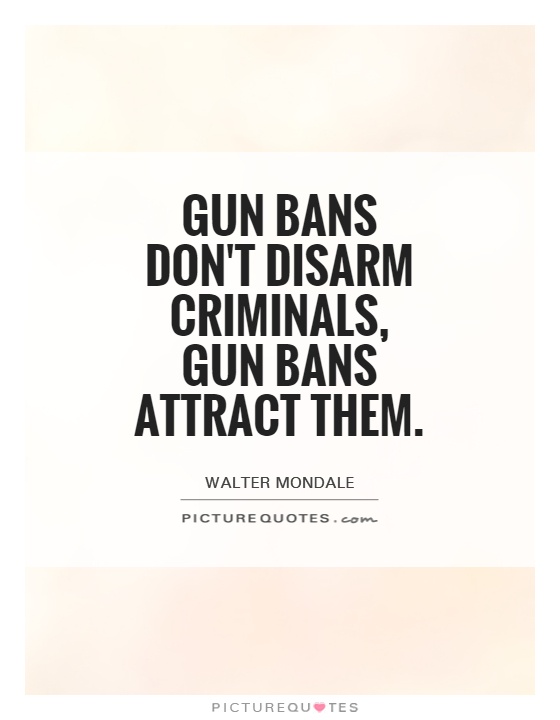
Gun bans don't disarm criminals, gun bans attract them
The debate over gun control has been a contentious issue for decades, with proponents arguing that stricter regulations are necessary to reduce gun violence, while opponents claim that such measures infringe upon their Second Amendment rights. One common argument against gun bans is that they do not actually disarm criminals, but rather attract them to areas where firearms are prohibited.The theory behind this argument is that criminals are more likely to target areas where they know law-abiding citizens are less likely to be armed and able to defend themselves. In other words, gun bans create so-called "gun-free zones" that actually make these areas more attractive to criminals looking to commit acts of violence. This is supported by research that has shown that many mass shootings have taken place in gun-free zones, where the perpetrators knew they would encounter little resistance.
Furthermore, the idea that gun bans attract criminals is also supported by the concept of supply and demand. When certain firearms are banned, their value on the black market increases, making them more desirable to criminals who are willing to pay a premium for illegal weapons. This creates a lucrative market for gun traffickers and other criminals who are willing to exploit the demand for banned firearms.
Additionally, gun bans can also inadvertently disarm law-abiding citizens who may have used firearms for self-defense. This leaves them vulnerable to attacks from criminals who are not deterred by gun control laws and are willing to break them in order to obtain weapons. In this way, gun bans can actually make communities less safe by disarming those who would have used firearms responsibly.
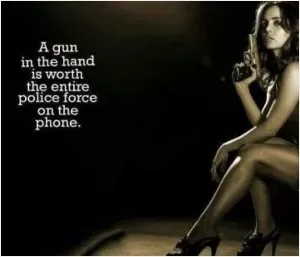
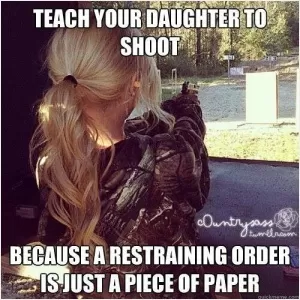
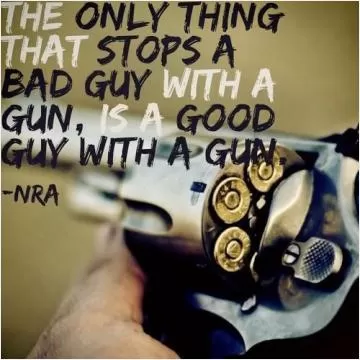
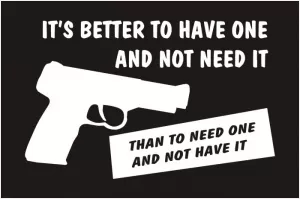
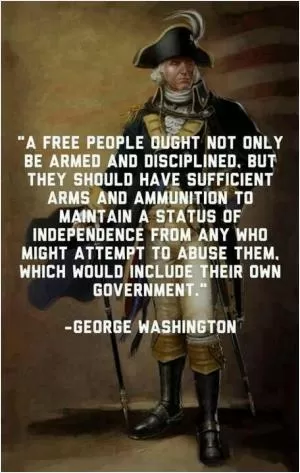
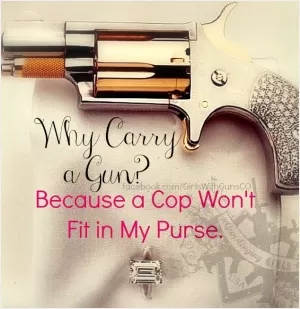
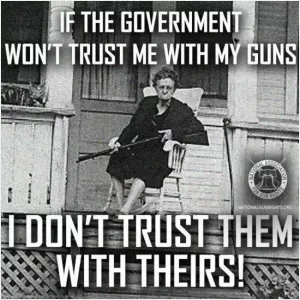
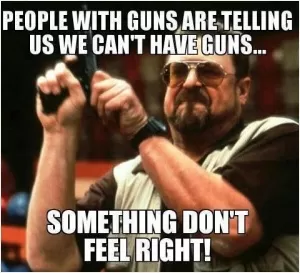
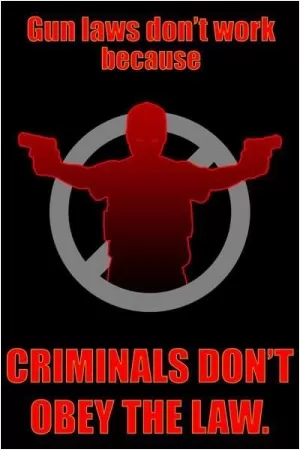
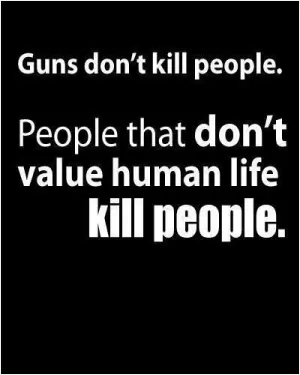
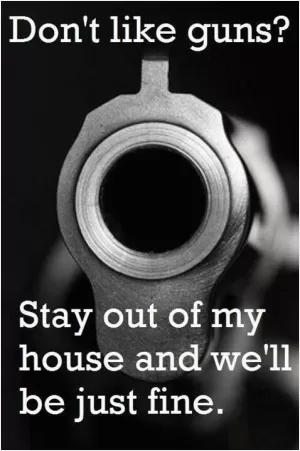
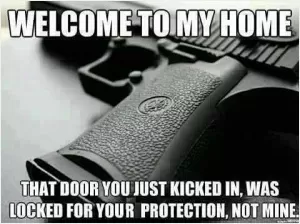
 Friendship Quotes
Friendship Quotes Love Quotes
Love Quotes Life Quotes
Life Quotes Funny Quotes
Funny Quotes Motivational Quotes
Motivational Quotes Inspirational Quotes
Inspirational Quotes